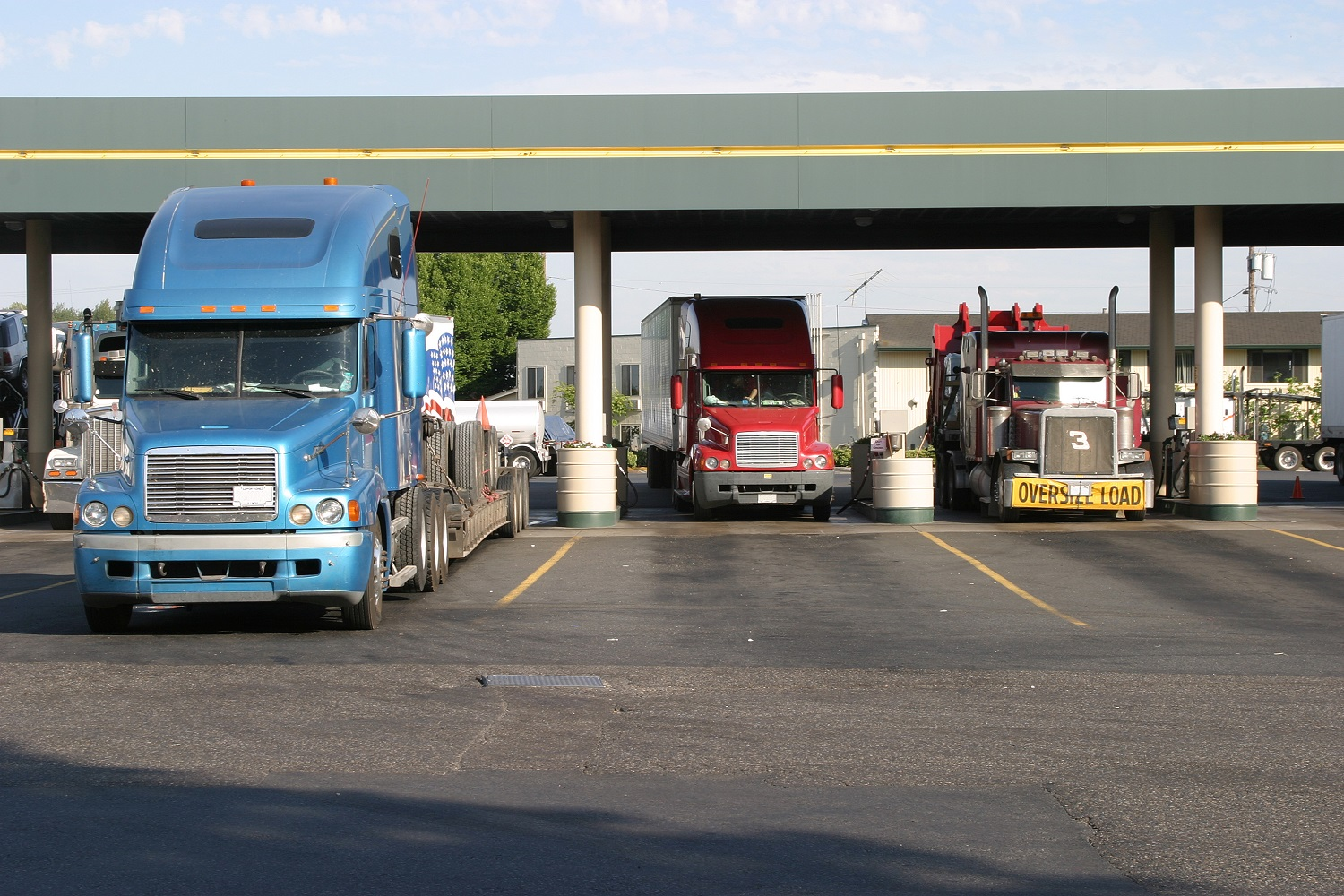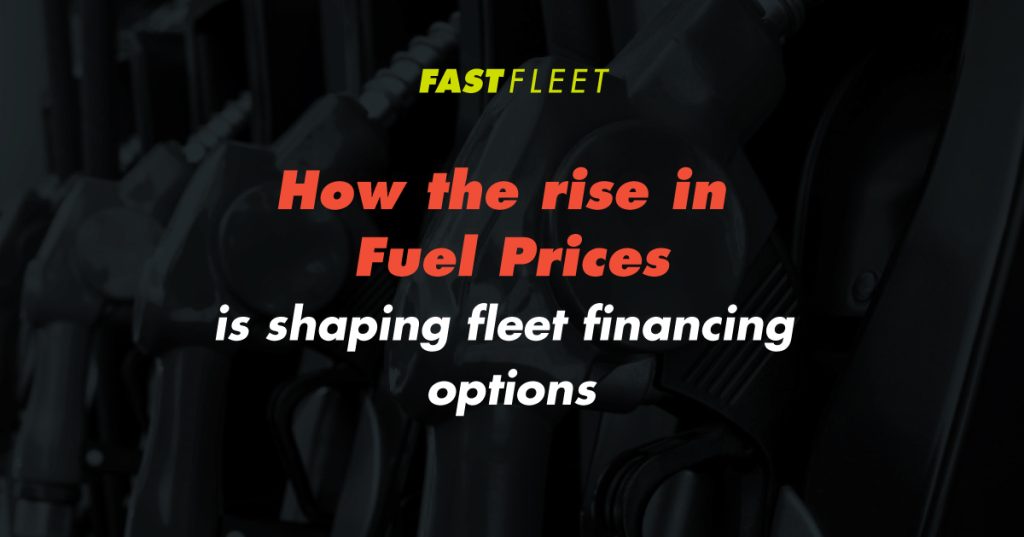The rising fuel prices have significantly impacted various sectors, especially fleet management.
This blog explores how these fuel price increases are shaping fleet financing options, offering insights into strategic financial planning and cost management.
The Impact of Rising Fuel Prices

Rising fuel prices affect fleet operations and financing decisions. Here’s a breakdown of the key impacts:
Increased Operational Costs
- Fuel Expenditure: A major portion of fleet operating costs is fuel. Rising prices directly inflate operational expenses.
- Maintenance Costs: High fuel prices can lead to increased maintenance costs due to more frequent vehicle usage and wear and tear.
Financial Strain on Fleet Managers
- Budget Constraints: Fleet managers face tighter budgets, necessitating more efficient financial planning.
- Cash Flow Challenges: Increased operational costs can lead to cash flow issues, impacting the overall financial health of the fleet.
Exploring Fleet Financing Options Amidst Rising Fuel Prices

Fleet managers need to explore diverse financing options to mitigate the impact of rising fuel prices. Here are some key options:
Traditional Financing Methods
- Bank Loans: Offer fixed or variable interest rates but require a strong credit history.
- Leasing: Provides flexibility with lower upfront costs, ideal for managing cash flow.
- Commercial Vehicle Loans: Specifically tailored for fleet financing, often with competitive interest rates.
Alternative Financing Options
- Fleet Leasing Programs: Specialized programs offering benefits like maintenance packages and fuel management services.
- Equipment Financing: Allows businesses to finance the purchase of fuel-efficient vehicles and equipment.
- Operating Leases: Short-term leasing options that provide flexibility in vehicle management.
Government Incentives and Grants
- Fuel Efficiency Incentives: Programs encouraging the adoption of fuel-efficient or alternative fuel vehicles.
- Clean Vehicle Grants: Federal and state grants available for purchasing eco-friendly vehicles.
- Tax Incentives: Tax credits and deductions for businesses investing in energy-efficient vehicles.
Strategic Financial Planning for Fleet Managers

Effective financial planning is crucial to navigate rising fuel prices. Here are some strategies:
Budget Reassessment
- Review and Adjust Budgets: Regularly review and adjust budgets to account for fluctuating fuel prices.
- Allocate Funds Wisely: Prioritize investments in fuel-efficient technologies and maintenance programs.
Cost Management Strategies
- Fuel Management Programs: Implement programs to monitor and control fuel consumption.
- Preventive Maintenance: Regular maintenance to ensure vehicles are running efficiently, reducing fuel consumption.
Leveraging Technology for Cost Control

Technology can play a significant role in managing costs associated with rising fuel prices. Here’s how:
Telematics and Fleet Management Software
- Real-Time Monitoring: Use telematics for real-time monitoring of vehicle performance and fuel usage.
- Data Analytics: Leverage data analytics to identify patterns and make informed decisions on fuel usage and vehicle maintenance.
Route Optimization Tools
- Efficient Routing: Use route optimization tools to minimize travel distances and reduce fuel consumption.
- Traffic Management: Implement traffic management solutions to avoid congested routes, saving fuel and time.
The rise in fuel prices necessitates strategic financial planning and efficient cost management for fleet managers.
By exploring diverse financing options, leveraging technology, and implementing effective cost management strategies, fleet managers can mitigate the financial impact and ensure operational efficiency.
Stay ahead of the curve with reliable roadside repair services from Fast Fleet. Contact us today to learn how we can support your fleet operations and keep your business running smoothly.
















